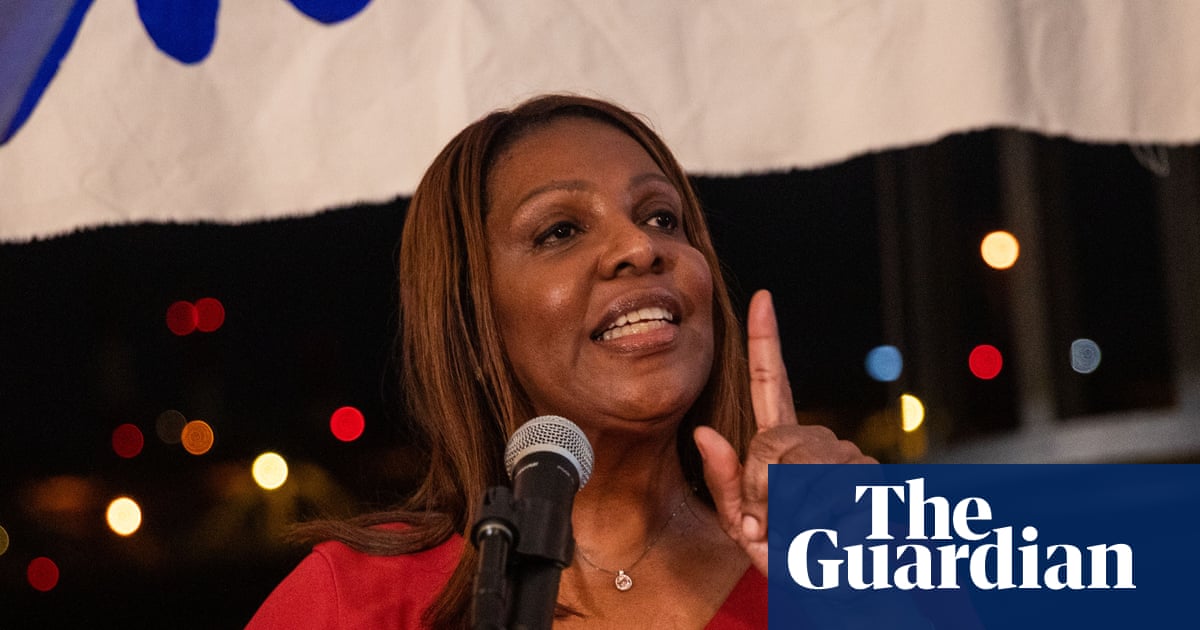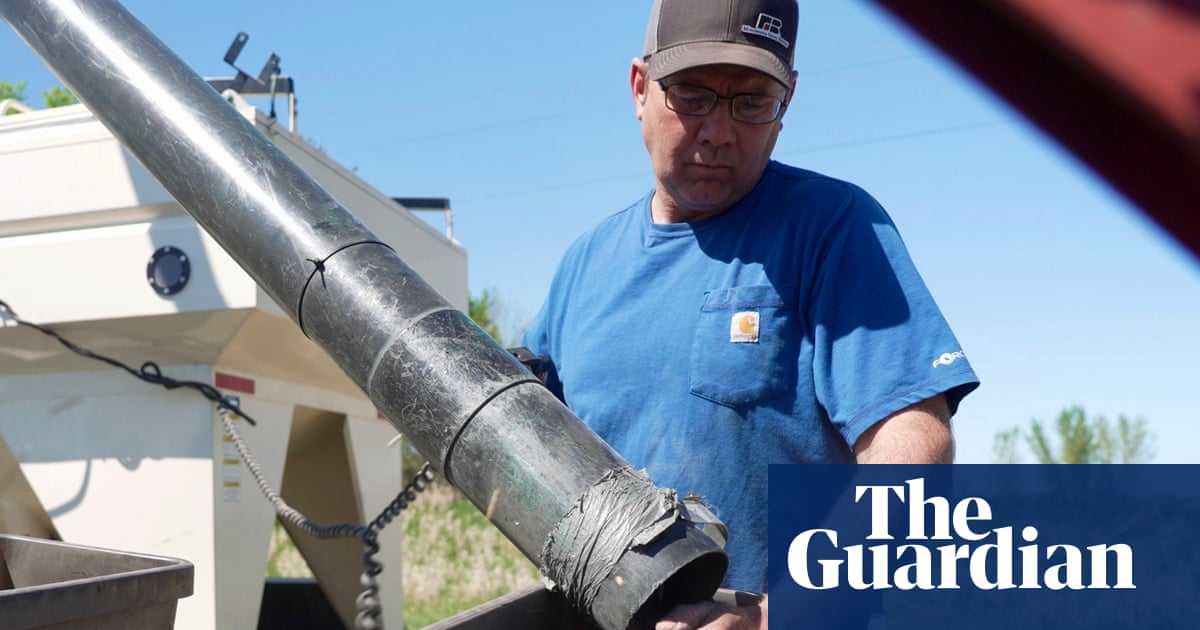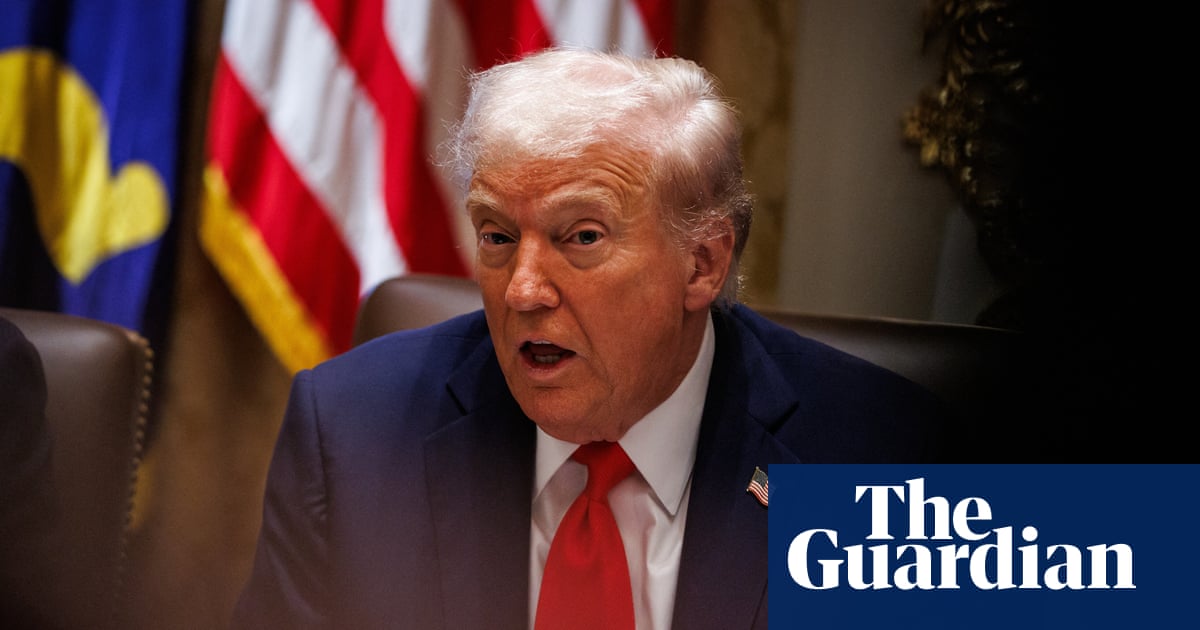All it took was a personal message to “Pam.”
A Sept. 20 tirade from President Donald Trump on Truth Social set off an extraordinary rush that has turned a once-hypothetical fear into reality: a president personally directing criminal charges against people he sees as his enemies.
Trump’s public instructions to Attorney General Pam Bondi (which he may have intended as a private DM) were not subtle. The president named three public figures he has long detested and urged the Justice Department to prosecute them immediately.
Now, less than three weeks later, two of them are under indictment: former FBI Director James Comey and New York Attorney General Letitia James. Both have denied wrongdoing. And the many other targets Trump wants to see in jail are bracing for who will be next.
The third person Trump named in his message to Bondi — Sen. Adam Schiff (D-Calif.) — decried the new reality Thursday, shortly after James was indicted on two counts stemming from allegations of mortgage fraud.
“Those of us on the president's enemies list, and it is a long and growing list, will not be intimidated, we will not be deterred,” Schiff told reporters. “We will do our jobs. We will stand up to this president.”
Some of them may have to do that while battling a Justice Department whose leaders obediently comply with Trump’s demands, flouting longstanding norms. In his message to Bondi, Trump touted his former defense attorney Lindsey Halligan as a “really good lawyer.” Within days, Bondi installed Halligan as the U.S. attorney in eastern Virginia, despite the fact that Halligan had never been a prosecutor and had spent most of her career as an insurance lawyer.
And, of course, it was Halligan who hurried to seek the grand jury indictments against Comey and James. In both cases, she personally presented the matters to the grand jury, a job typically handled by career assistant U.S. attorneys.
Trump has all but announced that his revenge tour is only beginning. “I think there will be others,” he said the day after Comey was indicted for allegedly lying to Congress.
This week, Trump suggested Illinois Gov. JB Pritzker and Chicago Mayor Brandon Johnson should be in prison for their treatment of federal immigration authorities. Former national security adviser John Bolton — whom Trump said as far back as 2020 should be locked up — is under FBI scrutiny for his handling of classified information. The Justice Department is reportedly looking into Fani Willis, the Atlanta-area district attorney who brought criminal charges against Trump.
And Trump is trying to fire Federal Reserve board member Lisa Cook over disputed allegations of mortgage fraud similar to those James is now facing.
Indeed, alleged mortgage problems have become a favorite cudgel for the administration. The Justice Department is believed to be investigating Schiff over mortgages on two properties.
Trump, of course, has long tossed around vague calls for imprisoning his political opponents. In a 2016 presidential debate, he told Hillary Clinton she would be in jail if he won the election. And throughout his first term in office, he vowed to prosecute his perceived enemies.
But the rapid-fire prosecutions of Comey and James are a marked contrast with Trump’s first term. Then, he was constrained by his attorneys general and a Justice Department that mostly rejected his calls to ignore post-Watergate norms. Under those norms, U.S. attorney's offices should function at arms-length from Justice Department headquarters, and the attorney general has the ability, if not the obligation, to resist pressure to carry out the president’s political errands.
One of Trump’s first-term attorneys general, William Barr, publicly complained in 2020 that Trump should “stop tweeting about Department of Justice criminal cases” because the president’s entreaties were making it “impossible” for Barr to “assure the courts and the prosecutors … that we’re doing our work with integrity.”
In his second term, however, Bondi and other top DOJ leaders appear to have acquiesced readily to Trump’s demands. When federal prosecutors have resisted, he has simply replaced them with more compliant lawyers, in some cases using legally questionable methods to install them quickly and circumvent Senate confirmation.
Not only did he hand-pick Halligan to bring the charges against Comey and James, but in the Comey case, Halligan in turn took the highly unusual step of looking outside her office to find line prosecutors who would work on the case, bringing in assistant U.S. attorneys from North Carolina.
Bondi, for her part, insists she is actually working to end the “weaponization” of the Justice Department after the department charged Trump with two criminal cases during former President Joe Biden’s administration.
But the cases against Trump were brought by a special counsel removed from DOJ’s usual chain-of-command, Biden issued no public call for criminal charges and there were only vague hints of impatience from the White House during those probes.
The new cases brought against Trump’s enemies are entirely distinct, as even Bondi — the recipient of the president’s prosecutorial directives — could not deny. Asked Tuesday during an appearance before the Senate Judiciary Committee whether she was, in fact, the “Pam” Trump was referring to in his fateful social media post, Bondi briefly paused.
“I’m sure I was,” she said.
Hailey Fuchs and Josh Gerstein contributed to this report.

 German (DE)
German (DE)  English (US)
English (US)  Spanish (ES)
Spanish (ES)  French (FR)
French (FR)  Hindi (IN)
Hindi (IN)  Italian (IT)
Italian (IT)  Russian (RU)
Russian (RU) 























Comments